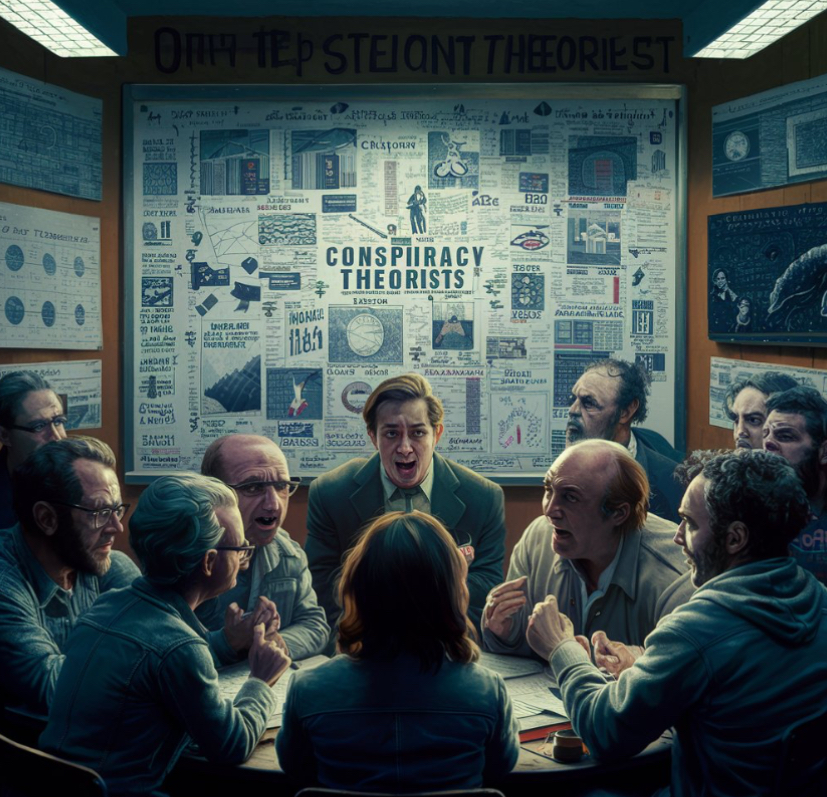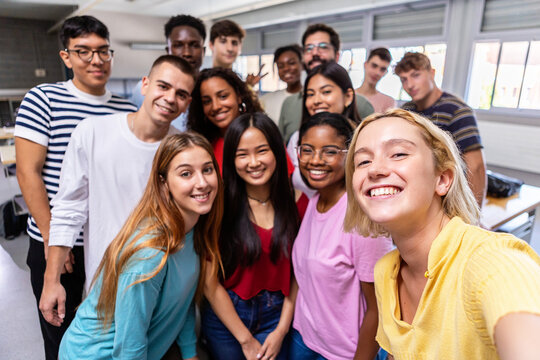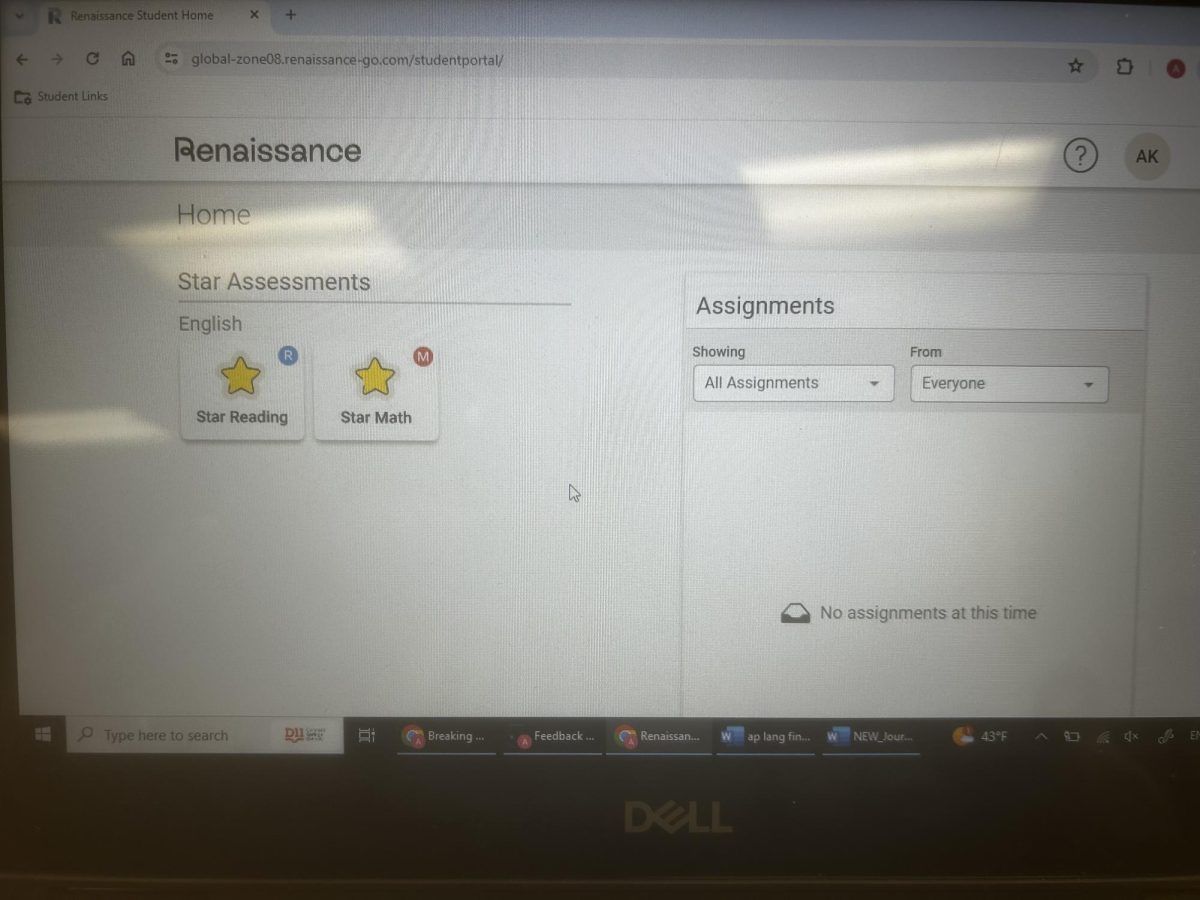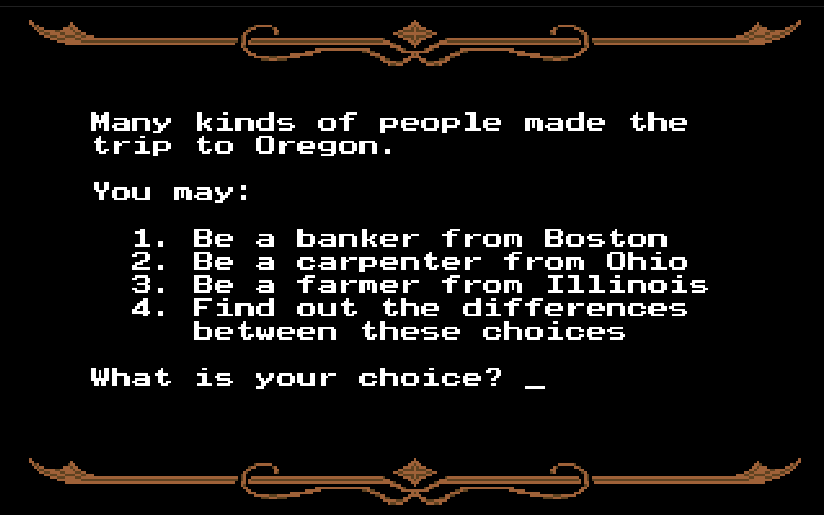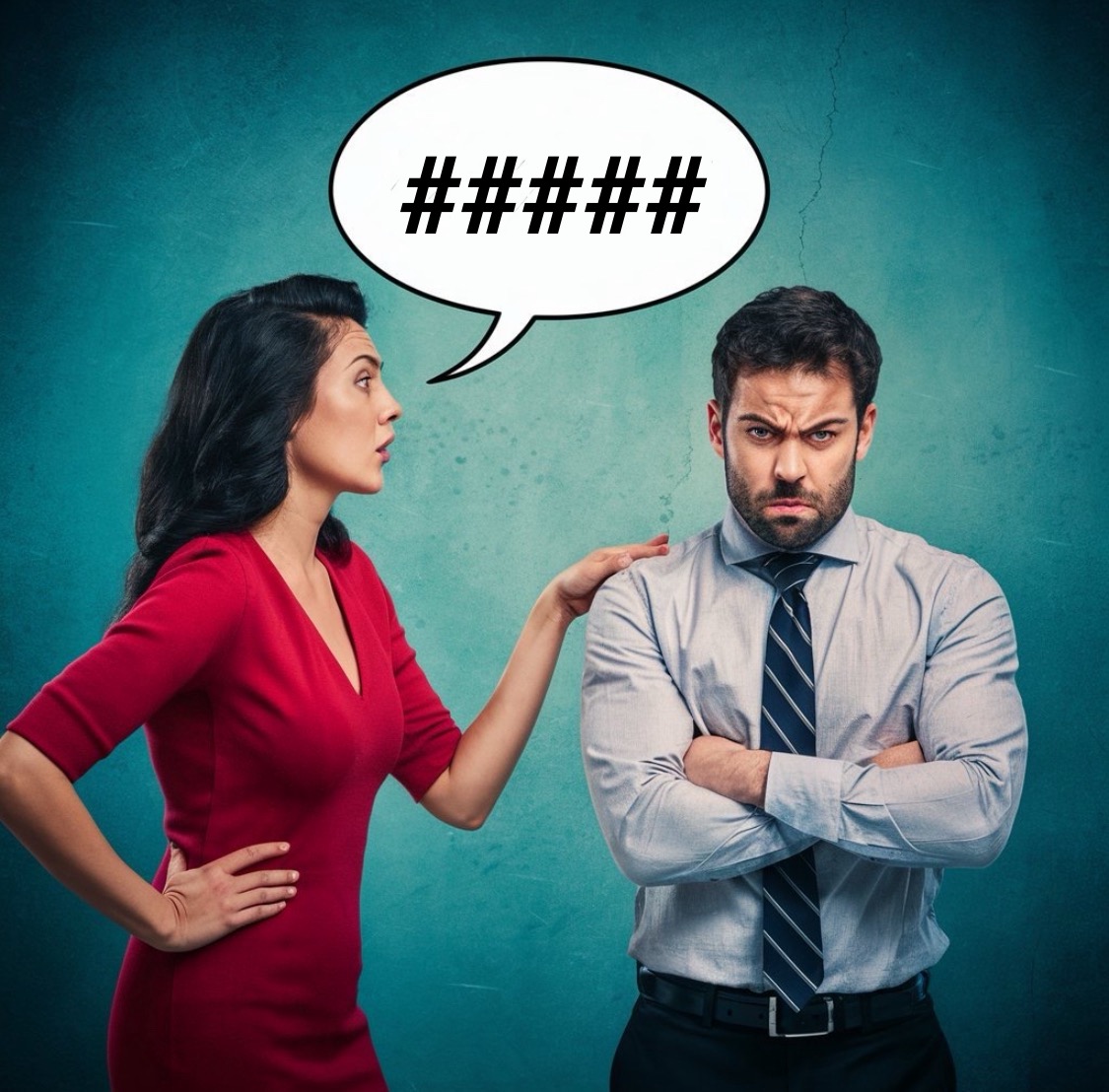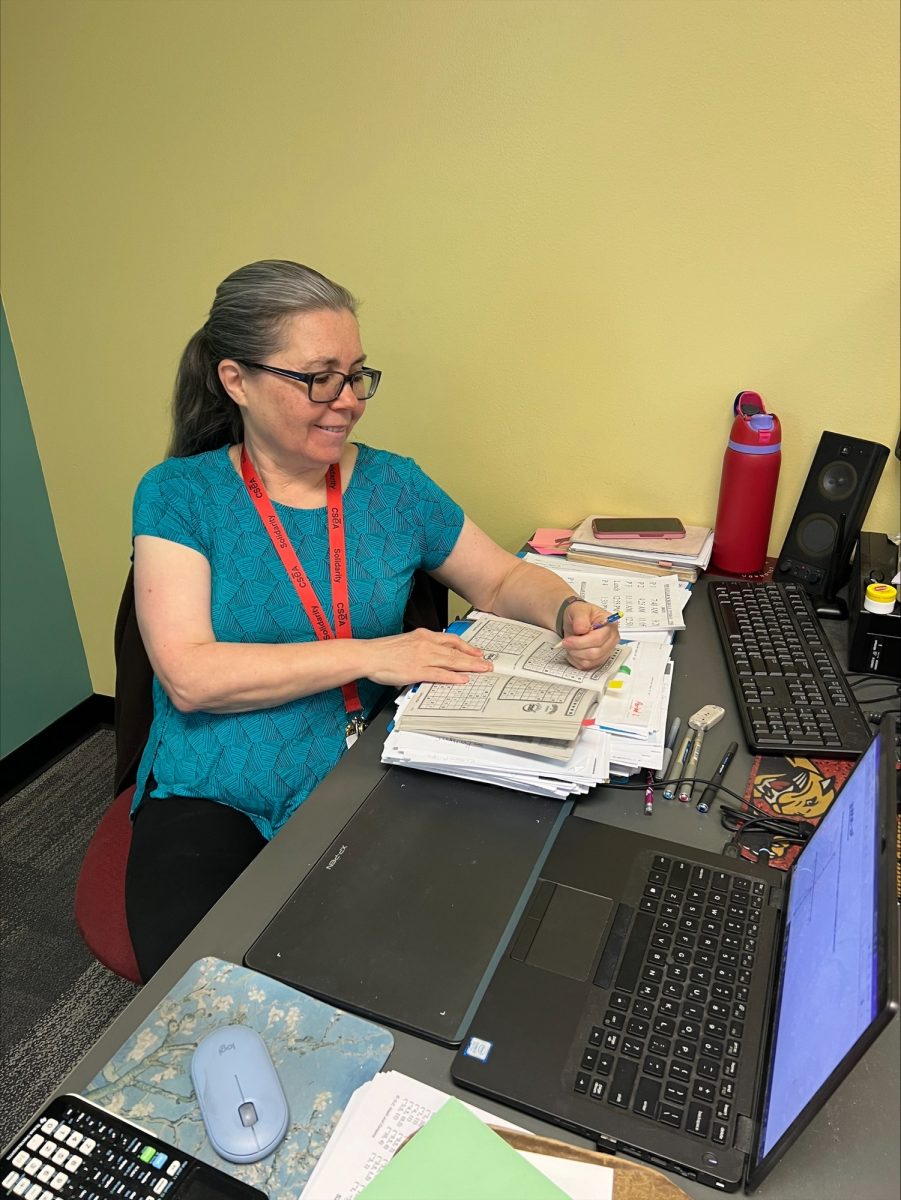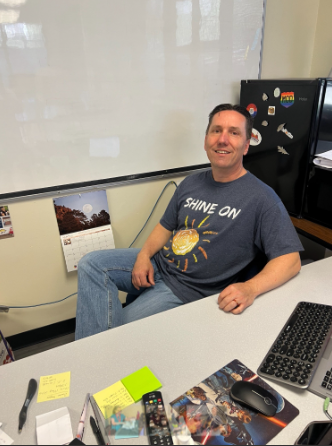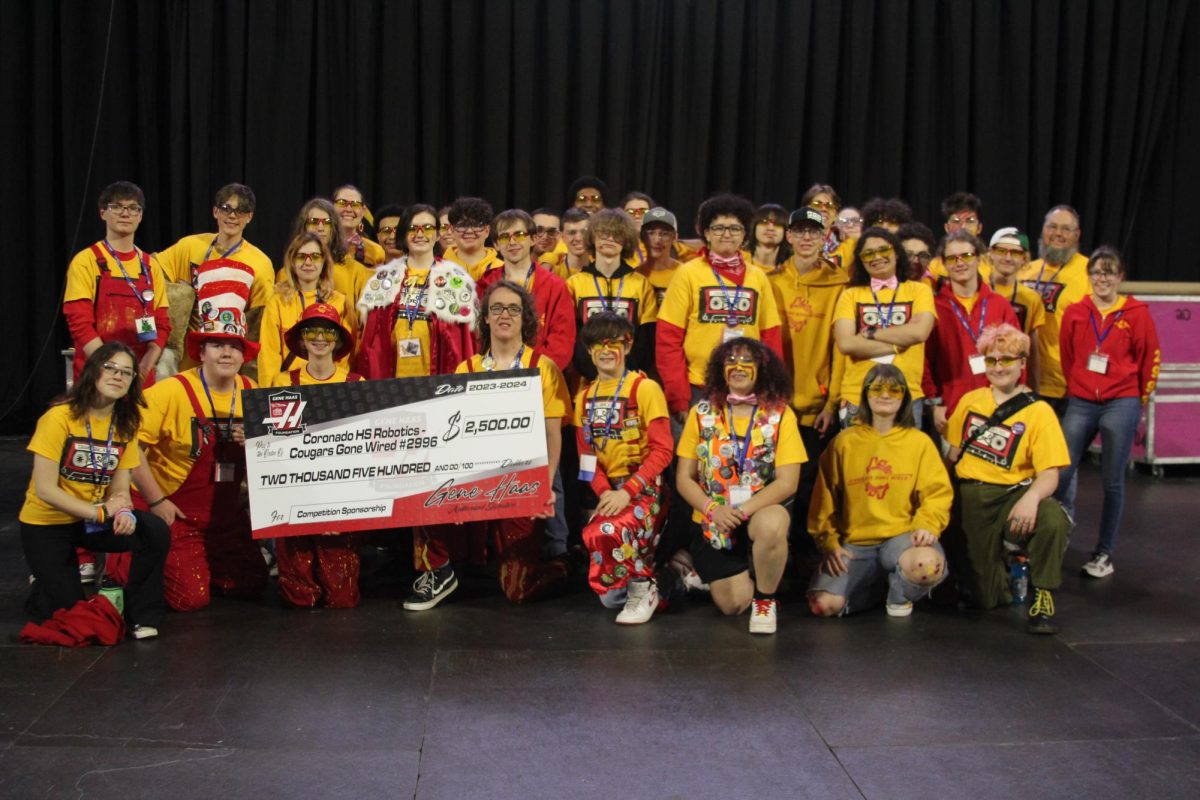Conspiracy theories have been a part of human history for as long as humans have existed, with people always questioning the reality of something and seeking whatever was behind the façade. These theories scale from the plausible to the utter preposterousness of the human mind. Conspiracy theories took off around the 50s-60s and have been quite popular since, but the effect the theories have on the mind are negative, and there is a interesting psychology behind that.
A conspiracy theory could be seen as many things; for some it’s their perception of the truth and for others it could be seen as something negative. Karen Douglas, a Professor at the University of Kent, explains, “a conspiracy theory can normally be defined as a proposed plot carried out in secret, usually by a powerful group of people who have some kind of sinister goal.” They create this image in their mind, and in some cases these theories become a belief system.
There are some negative effects, but how does this affect our minds? Loretta Smith, Coronado Freshman Biology teacher, says, “The human mind plays tricks. I think theorists just let their minds begin to wonder and they create things that are going on. Because people are gullible and will jump on the wagon they begin to believe things. I believe it could affect the mind negatively and could create its own false sense of reality.” Theories could be used in many ways: some attempt to make the unexplainable explainable, and others try and uncover secrets.
Some theorists may not agree that the theories affect them. Ella Ledezma, Class of 2027, says, “Personally I don’t think there is an effect on mental health from conspiracy theories. I come up with theories because I overthink things but with this it adds up and it’s believable. I believe in conspiracy theories because some of them add up and just make sense to me, now others I see are totally fake.”
Sunflower Scott, Class of 2027, comments, “I’m not sure if there is a negative affect. I’m pretty mentally okay I think. I don’t come up with theories myself but I do believe in some like flat earth. I think that the theories are made by how the person takes the situation in and tries to find a cause to it, because everything has a cause.” To create a cause can be seen as crazy, but at least it brings some people peace.
Conspiracy theories all share a common subject of suspicion towards those in authority; these theories are created for the cause and effect reason to make sense out of the problem that happened.

